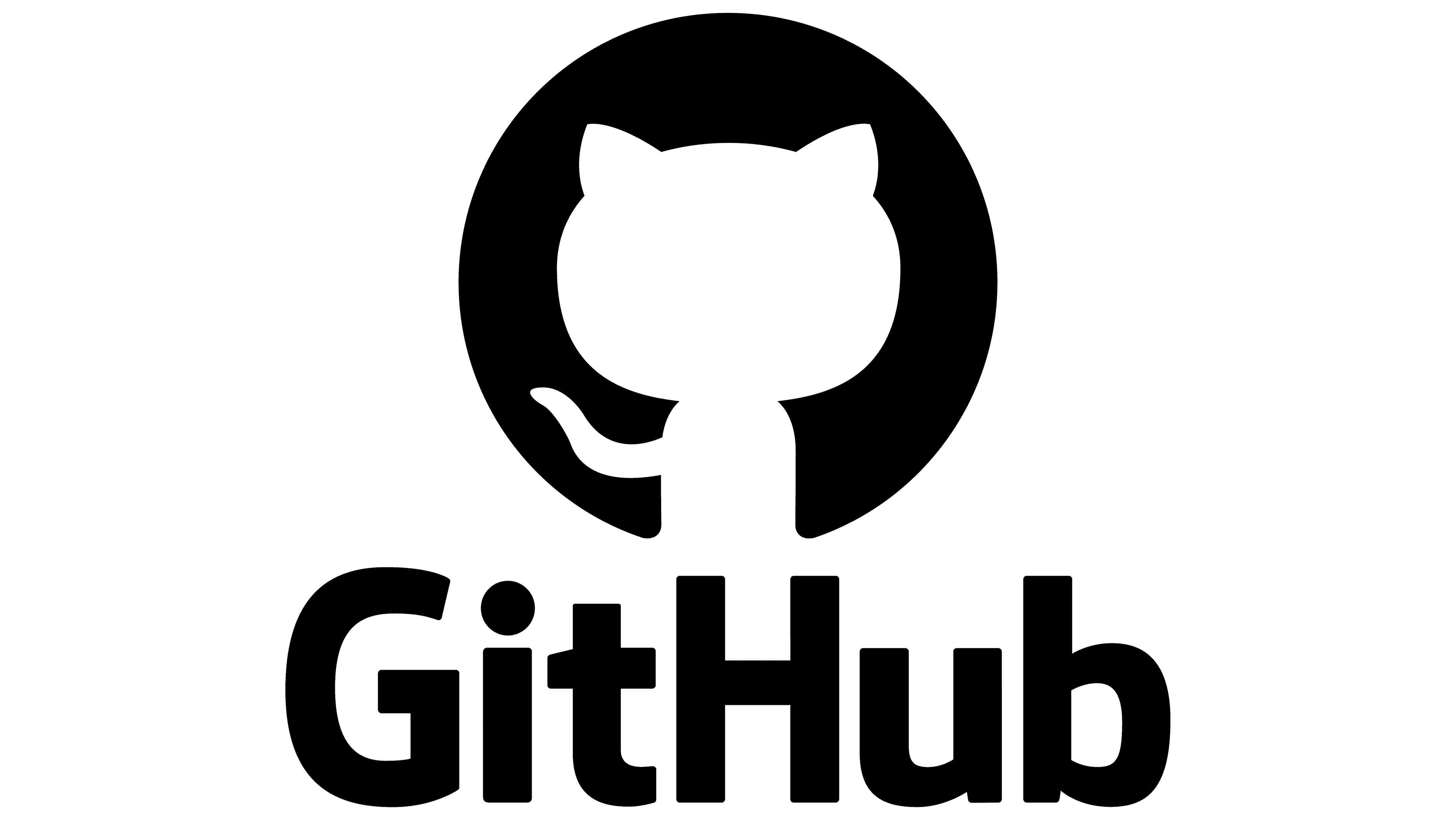What are Swarm Cronjobs?
Introduction
Swarm Cronjob is a tool designed to create and manage time-based scheduled tasks within a Docker Swarm environment. It operates by dynamically configuring services based on labels and interacting with the Docker API. This enables the execution of cron-like jobs in a distributed and failover-capable manner, ensuring high availability and flexibility.
Features
- 🚀 Continuously updates its configuration without requiring a restart.
- 🕒 Implements cron scheduling using Go routines for efficiency.
- ⏭️ Skips jobs if the associated service is already running, avoiding conflicts.
- 🌍 Supports timezone customization for accurate scheduling.
- 📜 Automatic and dynamic configuration via Docker service labels.
- ⚙️ Distributed job execution across Docker Swarm nodes for failover and scalability.
Key Concepts
-
Distributed Scheduling: Swarm Cronjob operates within a Docker Swarm cluster, allowing jobs to run on any available node, ensuring failover and scalability.
-
Dynamic Configuration: Services are configured automatically and dynamically via labels, removing the need for manual updates.
-
Flexible Scheduling: With timezone support and Go-based cron implementation, scheduling is both precise and adaptable.
-
Node Independence: By leveraging GlusterFS for shared storage, Swarm Cronjob ensures that job scripts like backup processes are not bound to specific nodes, enabling seamless failover.
Why Use Swarm Cronjob?
Swarm Cronjob is an excellent choice for teams or individuals looking to implement scheduled tasks in a Docker Swarm environment. It provides high availability by ensuring that tasks can execute on any node in the cluster, even in the event of node failure. When combined with a distributed file system like GlusterFS, it eliminates dependency on specific nodes for job execution, further enhancing reliability and flexibility. This makes it particularly suited for critical tasks like backups, data processing, and periodic maintenance in highly available environments.
Conclusion
Swarm Cronjob bridges the gap between traditional cron functionality and the dynamic, distributed nature of Docker Swarm. By automating job scheduling and ensuring failover through its integration with distributed storage systems, it simplifies task management in containerized environments. Whether for backups, data synchronization, or other scheduled tasks, Swarm Cronjob delivers a robust and efficient solution.



